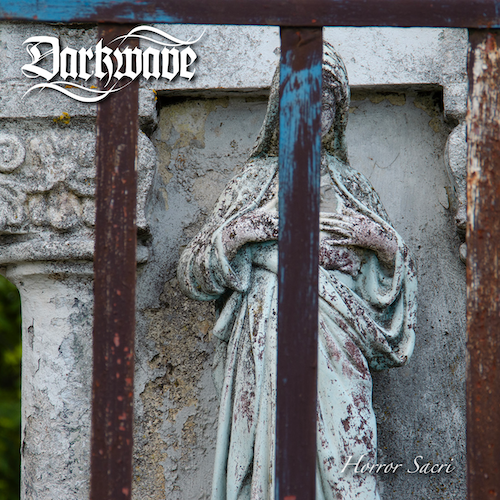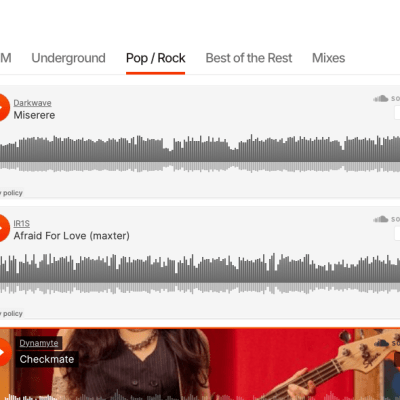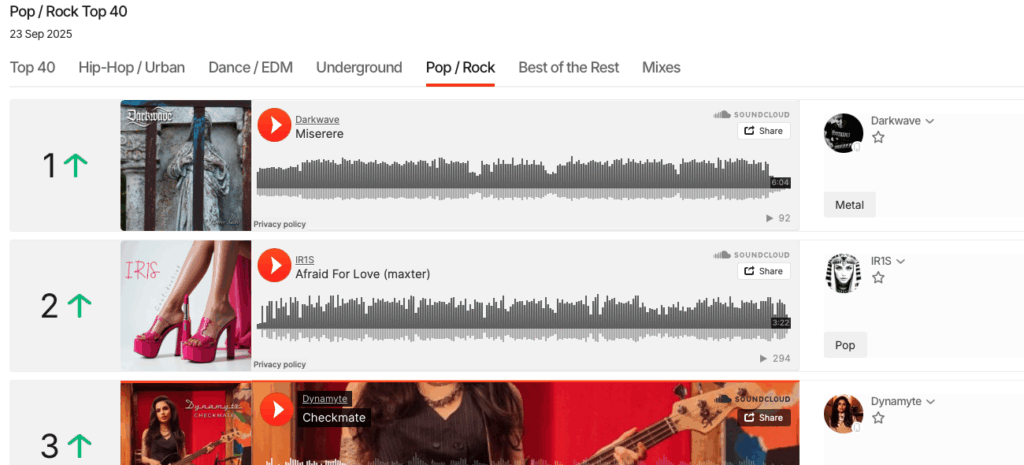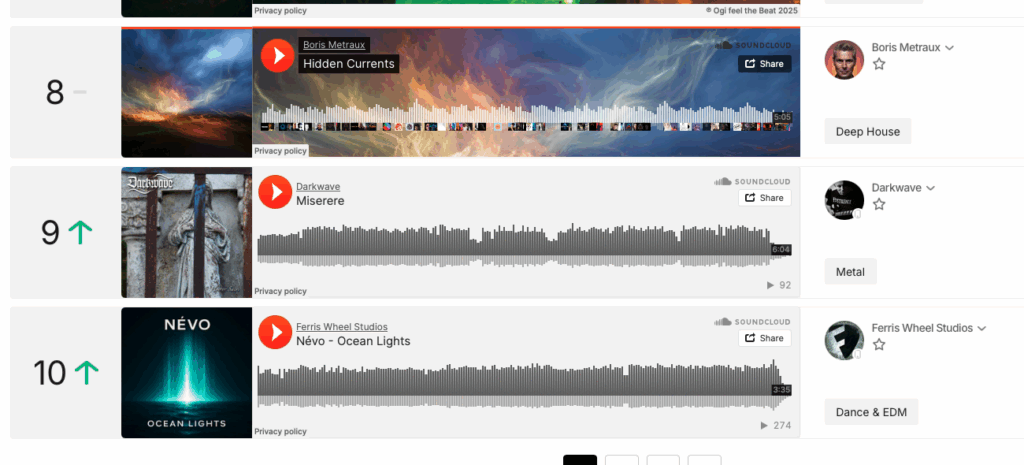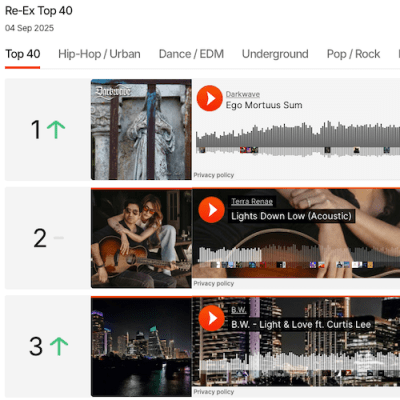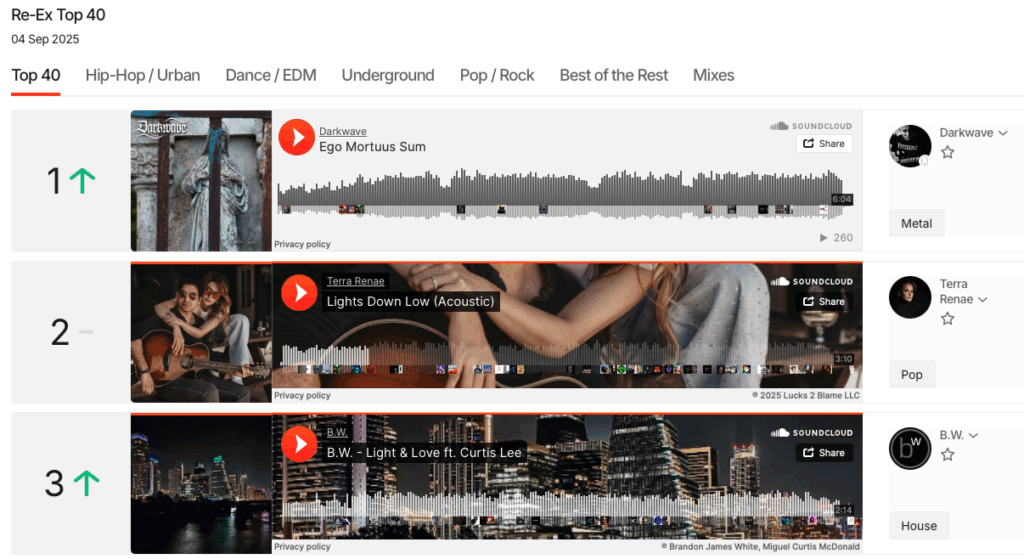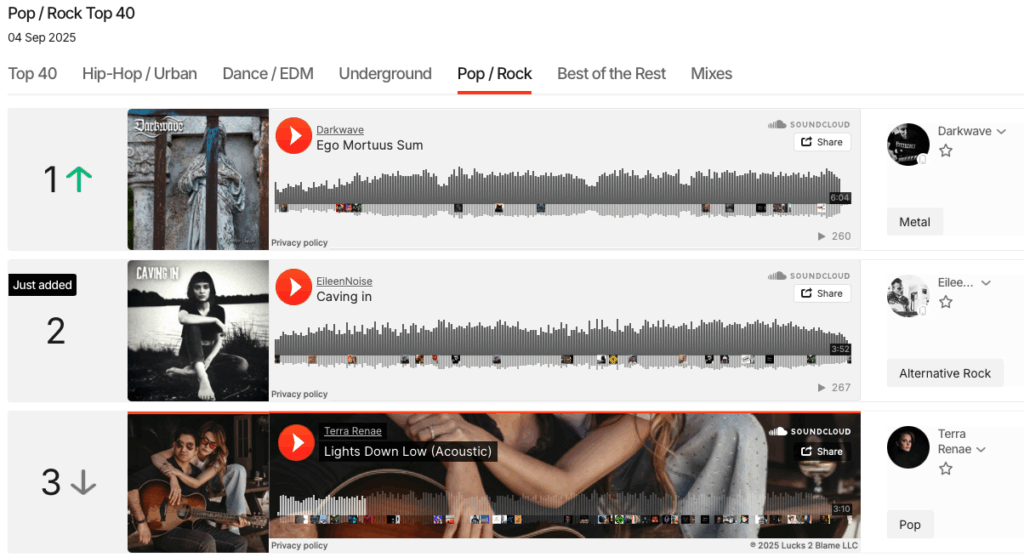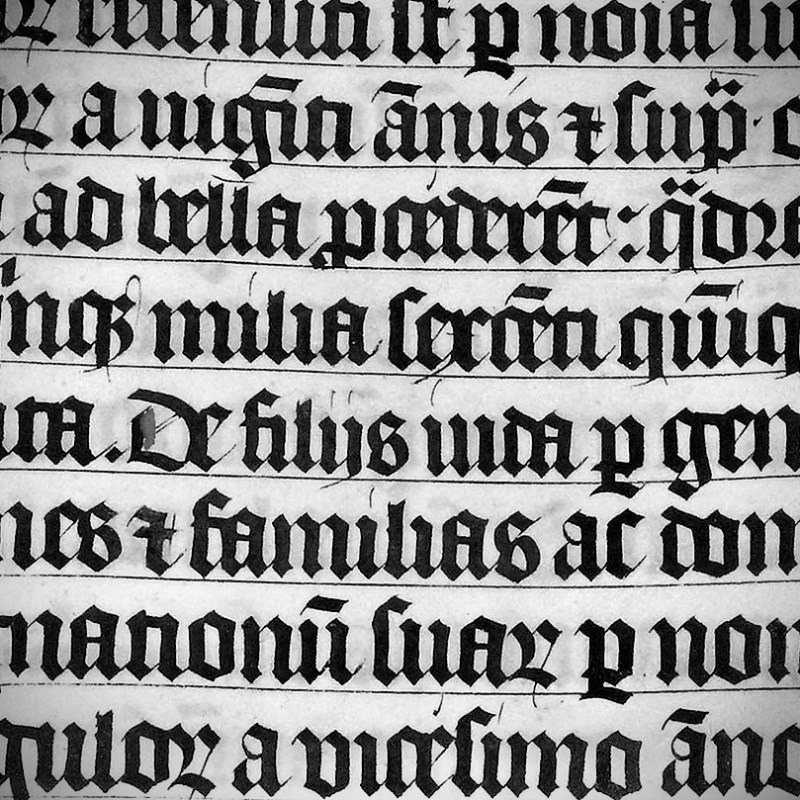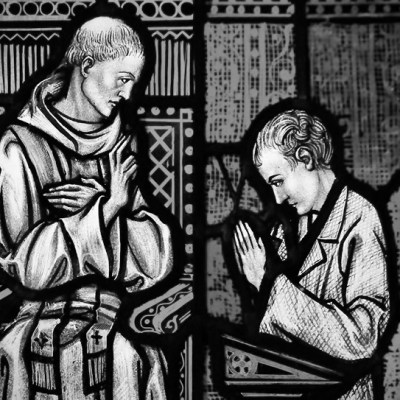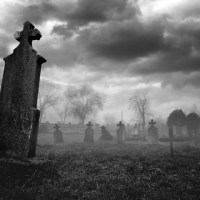Introduction to the lyrics of Horror Sacri – Beyond the Words
For me, Horror Sacri is more than music – it is a journey along the borderlands of darkness and light. Contrary to my previous albums, these songs are not only built from sound; through their lyrics they open a window into an inner world where the shadows of faith, the abyss of doubt, and the longing for transcendence intertwine.
Each lyric is a mirror, reflecting a different face of the same question: what happens when we confront our own limits, when familiar answers turn hollow, and all that remains is silence, absence, and a thirst for something beyond?
This collection is not meant as an “explanation” of the music, but rather as a companion: an unveiling of the thoughts and images woven into the songs. A second layer, which doesn’t need to be separated from the music – but for those who wish to dwell in the words, new doors may open.
Here, then, are the lyrics of Horror Sacri – as they were written, and as they now take on a life of their own.text
1. Dies Irae
A dark reimagining of the medieval Dies irae hymn, this track strips the original down to its most haunting fragments. With church organ framing the piece, it questions the fear-driven image of divine judgment and hints at something more compassionate beneath the ashes.
Dies irae, dies illa
Solvet saeclum in favilla.
Quantus tremor est futurus
Quando iudex est venturus.
Liber scriptus proferetur,
in quo totum continetur.
Iudex ergo cum sedebit,
quidquid latet apparebit.
The day of wrath, that day,
will dissolve the world in ashes.
How great will be the quaking,
when the Judge is about to come!
The written book will be brought forth,
in which all is contained.
When therefore the Judge will sit,
whatever lies hidden, will appear.
2. Impressions… The Black Virgin
A somber reflection on suffering, endurance, and fractured faith — this track reimagines the beatitudes through brokenness yet clings to a fragile hope beyond death. Gothic melancholy meets spiritual defiance.
I wept last night, a child in dream’s embrace,
I mourned where ancient halls had lost their grace.
Stone-bodied trees fought winds in solemn dance,
while you, wild dogs, just laughed and took your chance.
“Blest is the soul that breaks beneath the load,”
the Lord declared, and gently grace bestowed.
“Though pain may blaze with glory’s final breath,
all else is lost, save hope beyond all death.”
So, lift me from the winter drawing near,
shed just one tear before I disappear.
For Lord, no more I am the dead or living –
a symptom now, a shadow barely breathing.
3, Ego mortuus sum
Progressive chaos meets old-school death metal in this wrathful outcry of broken faith. Featuring Fredrik Keith Croona, the track lashes out with despair — but still clings to a final, flickering hope.
One final blink until life gets complete,
until God’s grace destroys my melting meat.
Fermenting in the cesspool of the saints,
I pass away through firmamental drains.
Until my wine starts clotting in my mouth
drowning I dive this quietude throughout.
Candles are lit along my road to death,
out of my mouth I inhale my own breath.
Domine,
Clamavi ad te,
Et sanasti me,
Domine!
O Lord,
I have cried to thee,
and thou hast healed me.
O Lord!
Until I leave my assets far behind
peeling my lifeblood off this mortal mind.
Let loose this fire, enkindle my distress,
let my soul sink in this subversive hex.
One final blink until life gets complete,
laying face-up over the altar sheet.
My facial features under gleaming stars
this fake subsistence one by one disbarks.
4. Messiah of Shrinking Shores
A sorrowful, progressive elegy of abandonment and inner collapse, featuring the haunting vocals of Fati Urbán. Gothic textures meet staccato riffs in this hymn to the forgotten.
He clung with nails of wood so tight,
scratching the fresco-black of night.
Obscured he wrote a gospel’s rhyme,
ashtray of God, clandestine grime.
All that he saw, all fails did stay,
no skyey dew would fall his way,
breathing desert dust-eating life,
rotten finger-flesh, he played a strife.
If he was saved, he tore his crown,
blood-stained tears fall, like storm pour down,
showing his fake gloriole,
he will baptize you, he will bury.
And as he climbed the western sky,
the stars within themselves did die,
“Embrace me now, and take my blood”
said “Let me sink into the flood.”
5. Miserere (Instrumental)
The album’s only instrumental, Miserere merges classical influence with blastbeat-driven intensity — a bridge between past and present, reverence and unrest.
6. Secreta
A prayer for enemies wrapped in eerie orchestration and fractured rhythms. Secreta captures the spiritual dissonance of forgiving when the soul is still bleeding.
Oblatis, quaesumus, Domine,
placare muneribus:
et nos ab inimicis nostris clementer eripe.
We beg You, O Lord, be appeased
by these sacrificial offerings:
and mercifully snatch us away from our enemies.
7. Soul Hunt
A fierce, apocalyptic track where thrash metal meets liturgical despair. Soul Hunt casts humanity as prey in a cosmic war — a cry for deliverance in a world with no peace.
A star fell blazing, torn from the sky,
ghostfire flickers, years burn dry.
Lunatic echoes are tearing the spheres,
behind steel gates, the enemy appears.
He winks at me with a hollow stare –
a pupil-less gaze, a frozen glare.
“Come with me,” he speaks to me, “behold!
We’ll walk in the void like the gods of the old!”
Bell tolls crash on the lead-gray land,
the last fires go out, lost in the sand.
It’s all over – we fade in the tide,
abandoned island, fortress denied.
Life’s breath is stolen, I drink from the still,
degusting the wine that the ages spill.
Spare me, O Lord, from the hunter’s chase,
grant me, O Father, a night of grace!
Libera me Domine de morte eterna!
Deliver me, O Lord, from eternal death
The forest echoes from the hunting cries,
dark shadows creep where the lost souls lie.
A soul hunt is raging deep down below,
bloodstained icons weep in woe.
8. Pacem Meam Do Vobis
A solemn, apocalyptic finale where peace arrives through death. Pacem Meam Do Vobis ends the album with sacred words, orchestral weight, and the haunting echo of a final heartbeat — where all is lost but hope.
Justorum animae in manu Dei sunt,
et non tanget illos tormentum malitiae:
Visi sunt oculis insipientium mori:
illi autem sunt in pace. Alleluia!
The souls of the righteous are in the hands of God,
and the torment of malice shall not touch them:
They seem in the eyes of the foolish to be dead,
but they are at peace. Alleluia!


